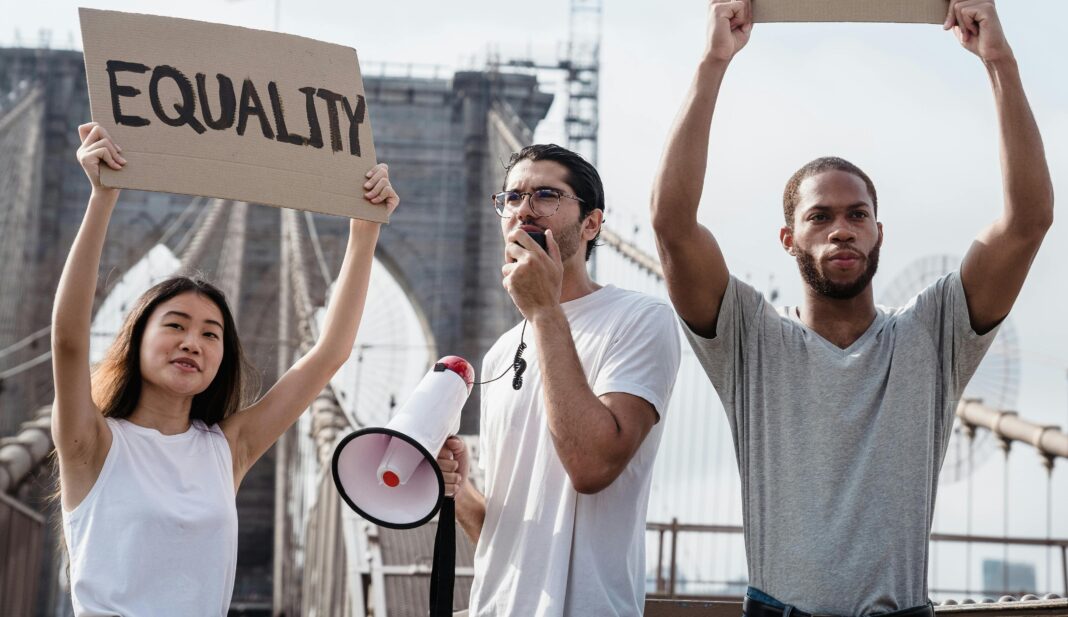Sometimes cancelling things can be fun. For example, if you’ve created a separate group chat that excludes that one relative who gets on everyone’s nerves, that’s a satisfying cancellation. However, cancellation can also go too far, such as when very online fans of the series UNHhhh send threats to Drag Race queens just for saying that the Trixie Motel had bedbugs. At the end of the day, there are real consequences to cancellation, even when you’re cancelling travel plans. What are the pros and cons of boycotting a destination?
On one hand, boycotting a destination with anti-LGBTQ+ laws and attitudes can be viewed as a form of protest. Withholding pink dollars sends a message to hostile governments. But boycotts can have unintended consequences for the queer communities they’re meant to support.
“Boycotts hurt local LGBTQ+ communities in a number of ways,” says Bryan Herb, co-founder and chief marketing officer of Zoom Vacations, a luxury small tour operator for LGBTQ+ travellers. “First of all, they hurt LGBTQ+ businesses by having fewer patrons to support them. If I have a small gay bar or venue in a country that isn’t very gay-friendly, and then gay people boycott that country, then my business will suffer.” Herb has organized trips to queer-unfriendly countries, including Morocco and Egypt, and has met with queer locals in such countries. He believes that such cross-cultural communication can help to increase LGBTQ+ representation.

While many assume that avoiding queer-hostile countries will help prompt change, others argue that it’s a form of virtue signalling borne from privilege. One 2024 study suggested that boycott participants are more often motivated by “self-esteem and guilt” than confidence that their actions will have real effects. While tourism boycotts can deprive an oppressive government of a substantial amount of revenue in visa fees and consumption taxes, as suggested in one 2019 study, they can also hurt small businesses run by the very people we’re cheering for. Queer-owned restaurants, bars, hotels and boutiques often depend on visitors to survive. That said, in very hostile destinations, these places may not identify themselves as queer-owned and so are hard to find and support.
A 2017 paper that looked at boycotts against particular states or cities within the United States suggested that boycotts can be very effective at defining an issue and bringing it to the public’s attention. But the effects of this on policy are less clear. “Travel boycotts, bans and advisories have resulted in millions in lost state revenue, stagnation in room rates and have made localized political conversations into national debates,” write the authors of The Weaponization of Travel. “The impact on policy is less consistent…. Most targeted states are viewed either more or just as favourable travel destinations than their neighbours who have not been subjected to boycotts.”
“Boycotting anti-LGBTQ+ countries can theoretically put pressure on local governments, but this kind of thing can be hard to track,” Herb says. “It may do nothing to change laws or opinions of local governments or people, and if you are looking at the long game, it may only serve to keep people sheltered from different points of view, with less access to LGBTQ+ foreigners.”
There’s also something to be said for the personal growth that unconventional travel can foster. “Travelling to places that are less gay-friendly than your home country can certainly help you to appreciate what you have back home,” Herb says.
For those who want to venture to destinations that have questionable policies, the key is doing the homework ahead of time to ensure that their visit creates as many benefits as possible for local LGBTQ+ communities. That can mean targeting spending at queer-owned businesses and making donations to local queer charities and activist organizations. The International Gay and Lesbian Travel Association has a program that vets hotels and tour providers on how well they provide safe, welcoming spaces for queer travellers. Meanwhile, Equaldex and ILGA-Europe continuously assess the legal and social climate of countries in relation to LGBTQ+ legislation.
Whether or not travellers choose to boycott compromised destinations, they can still donate to a charity like Rainbow Railroad, which assists LGBTQ+ people in escaping persecution, often helping them settle in more welcoming countries.
Solidarity has its limits. Some countries simply aren’t safe to visit. In Uganda, for instance, citizens are required by law to report homosexual acts to the government; otherwise, they face jailtime. In Chechnya, which is known for its historic and violent abuses against gay men, police often torture men they merely suspect of being gay. War zones, too, should be avoided for obvious reasons.
Clearly, there is no one-size-fits-all approach for honouring one’s values. Some travellers boycott on principle. Others want their pink dollars to effect change. For those who decide to visit less queer-friendly places, it’s about finding a balance between visibility and discretion.
Everyone can still participate in activism back home and pay attention to the voices of people living under hostile regimes.


